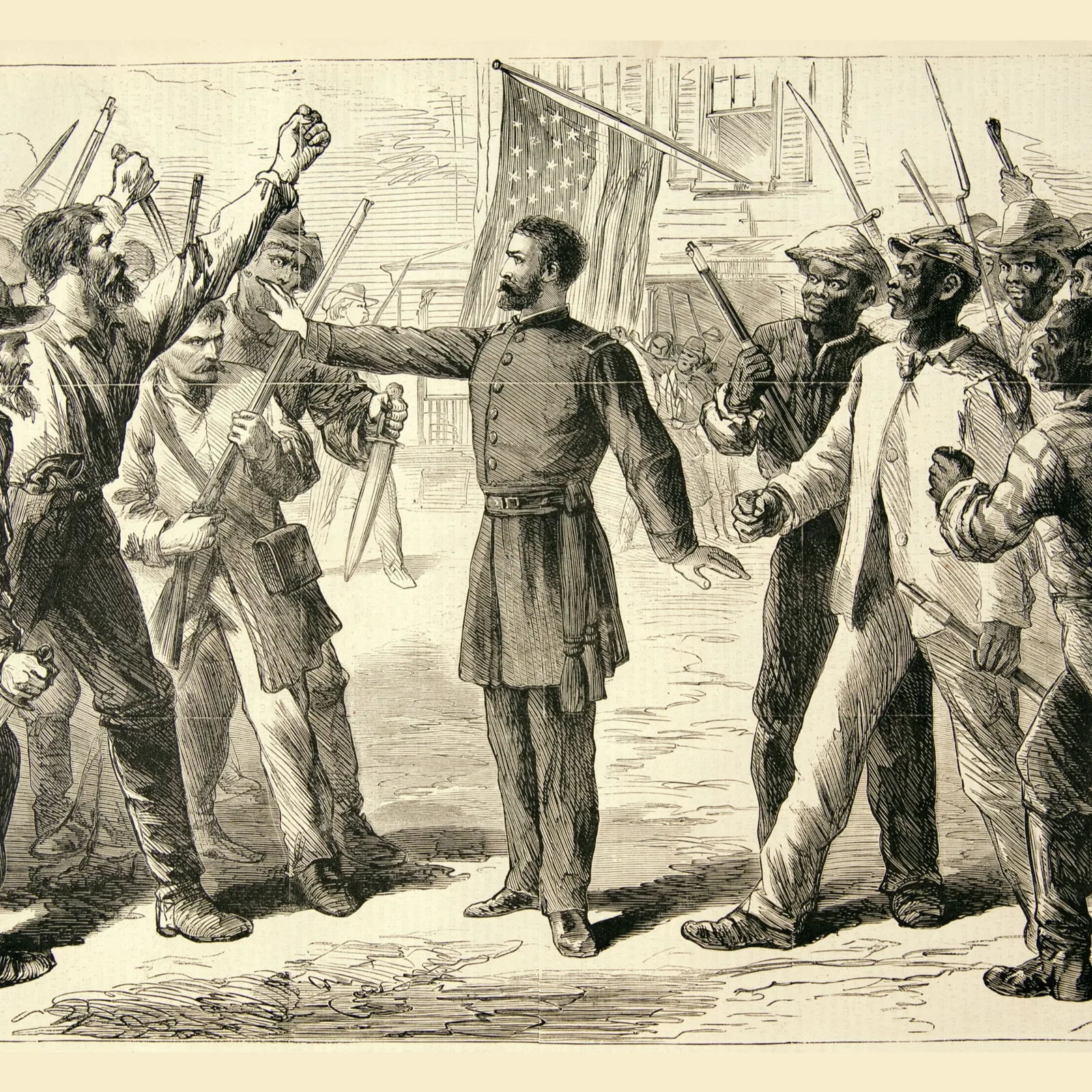This program will be held virtually on Zoom. Please register for free in advance here.
NOTE: You can also watch a live stream of the program on the Newberry Facebook page or YouTube channel.
Join us for a discussion with scholar Kate Masur, whose new book, Until Justice Be Done: America's First Civil Rights Movement, from the Revolution to Reconstruction, reconsiders the history of the nation’s earliest federal civil rights measures: the Fourteenth Amendment and the Civil Rights Act of 1866. Joining Dr. Masur in conversation about her work is Keeanga-Yamahtta Taylor.
The half-century before the Civil War was beset with conflict over equality as well as freedom. Beginning in 1803, many free states enacted laws that discouraged free African Americans from settling within their boundaries and restricted their rights to testify in court, move freely from place to place, work, vote, and attend public school. In her book, Dr. Masur traces the struggle by African American activists and their white allies as they petitioned for greater racial equality and fought these racist laws.
About the Speakers:
Kate Masur is associate professor of history at Northwestern University, where she specializes in the history of race, politics, and law in the nineteenth-century United States. Other books include An Example for All the Land: Emancipation and the Struggle over Equality in Washington, D.C., and a volumed edited with Gregory Downs, The World the Civil War Made.
Keeanga-Yamahtta Taylor is assistant professor in the Department of African American Studies at Princeton University and author of Race for Profit: How Banks and the Real Estate Industry Undermined Black Homeownership. Her book, From #BlackLivesMatter to Black Liberation, won the Lannan Cultural Freedom Award for an Especially Notable Book in 2016.
Your generosity is vital in keeping the library’s programs, exhibitions, and reading rooms free and accessible to everyone. Make a donation today.
